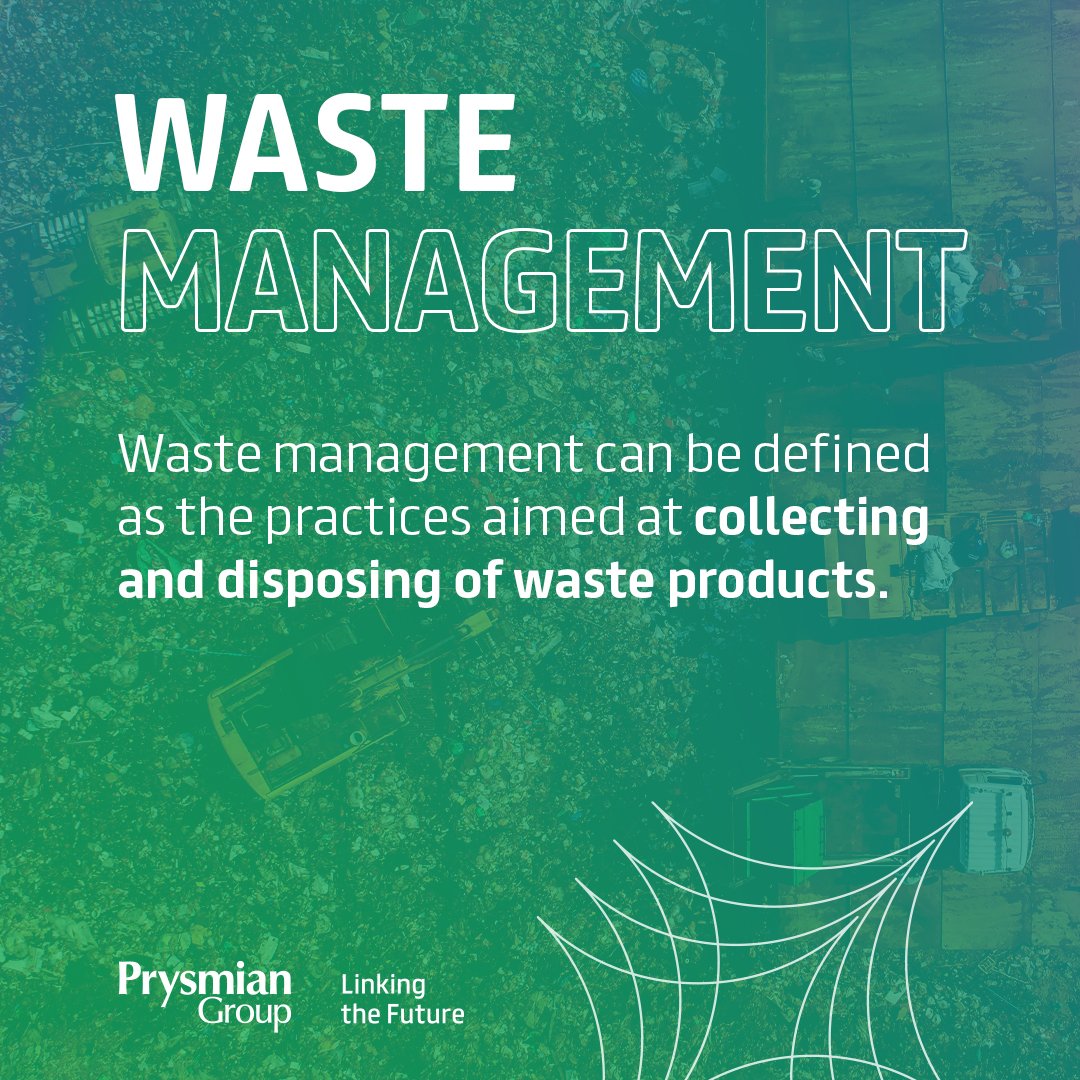Getting My Reclaim Waste To Work
Getting My Reclaim Waste To Work
Blog Article
Reclaim Waste Fundamentals Explained
Table of ContentsWhat Does Reclaim Waste Do?About Reclaim WasteGetting My Reclaim Waste To Work9 Easy Facts About Reclaim Waste ExplainedThe Facts About Reclaim Waste Revealed
Explore the kinds, incidents, and forms of liquid waste. Domestic sewer waste refers to the waste and items from a residential sewage-disposal tank. This kind of waste is created by people in houses, institutions, and various other buildings. This only consists of septic systems that have a drainpipe field. The correct administration and disposal of domestic sewer waste require fluid waste to be transferred to a sewer therapy plant where the correct techniques and tools are put on purify and deal with waste.
Commercial waste typically includes prospective hazards, such as flammable products or a combination of fluid and strong waste products, and requires a more sophisticated and detailed disposal procedure. The disposal of business waste typically includes the filtering of waste before transport to make certain risk-free and appropriate disposal. Hazardous waste is created from byproducts and drainage of industrial processes and manufacturing.
This type of waste can not use the same sewer administration transportation or processes as septic or industrial fluids. The commercial waste monitoring procedure requires the evaluation and screening of liquid waste prior to it undergoes the disposal process (liquid waste removal). Runoff waste is the liquid waste that originates from drainage and excess stormwater in highly inhabited locations or cities
Overflow waste can cause contamination and flooding otherwise taken care of correctly. Find out more regarding sewer cleansing and waste management. Making certain appropriate waste monitoring can avoid calamities and lower environmental injury. Both people in household settings and experts in commercial or production industries can gain from understanding the procedures and guidelines of fluid waste administration.
Some Known Factual Statements About Reclaim Waste
Call PROS Solutions today to discover our waste administration and disposal services and the appropriate means to take care of the fluid waste you produce.
(https://reclaimwaste1.creator-spring.com)Do you know what occurs to your water when you end, flush the toilet or drain pipes the cleaning maker? No? Well, it's worth understanding. This supposed 'wastewater' is not only an important resource yet, after therapy, will certainly be released to our land, rivers or the ocean. Made use of water from bathrooms, showers, baths, kitchen sinks, washings and industrial processes is understood as wastewater.

water used to cool down machinery or tidy plant and equipment). Stormwater, a type of wastewater, is drainage that streams from farming and city areas such as roofs, parks, gardens, roads, paths and rain gutters right into stormwater drains, after rainfall. Stormwater flows unattended directly to regional creeks or rivers, at some point getting to the visit the website ocean.
Not known Details About Reclaim Waste
In Queensland, most wastewater is treated at sewage treatment plants. Wastewater is moved from domestic or industrial sites with a system of drains and pump stations, referred to as sewerage reticulation, to a sewage therapy plant. Local federal governments construct, preserve and operate most sewer treatment plants. Operators are certified under the Environmental Management Act 1994 to discharge treated wastewater at an acceptable ecological standard right into rivers.
The Department of Natural Resources recommends city governments concerning handling, operating and preserving sewage systems and therapy plants. In unsewered areas, city governments may require owners to mount individual or house sewer treatment systems to treat domestic wastewater from commodes, cooking areas, bathrooms and washings. The Division of Natural Resources authorises the usage of family systems when they are shown to be effective.
In some new neighborhoods, treatment of some stormwater to remove clutter, sand and gravel has started making use of gross toxin traps. Wastewater therapy happens in 4 stages: Gets rid of solid matter.
Wastewater then moves into huge tanks where solids resolve and are removed as sludge. Grease and residue are skimmed from the surface. Makes use of tiny living organisms referred to as micro-organisms to break down and eliminate remaining liquified wastes and fine bits. Micro-organisms and wastes are included in the sludge. Removes nitrogen and phosphorus nutrients that might create algal blooms in our waterways and intimidate marine life.
Reclaim Waste - An Overview
Nutrient elimination is not available at all sewage therapy plants because it calls for pricey specialist devices. Clear liquid effluent generated after treatment might still contain disease-causing micro-organisms - industrial wastewater treatment.

This generally implies wastewater has actually to be treated or impurities gotten rid of prior to it can be released to waterways. Many wastewater moves into the sewerage system. Under the Act, regional federal governments provide approvals and permits for environmentally pertinent activities (ERAs) including wastewater launches that may have a local influence. The department carries out authorizations and permits to Ages involving wastewater launches that could have a regional or statewide effect.
Reclaim Waste for Dummies
Otherwise, examples are considered laboratory evaluation. Typically lots of examinations are required to establish the levels of each of the different toxins such as oils, heavy steels and pesticides in water. Tracking supplies factual info concerning water high quality and can verify that licence problems are being fulfilled. The info gotten with surveillance offers the basis for making water quality decisions.
Report this page